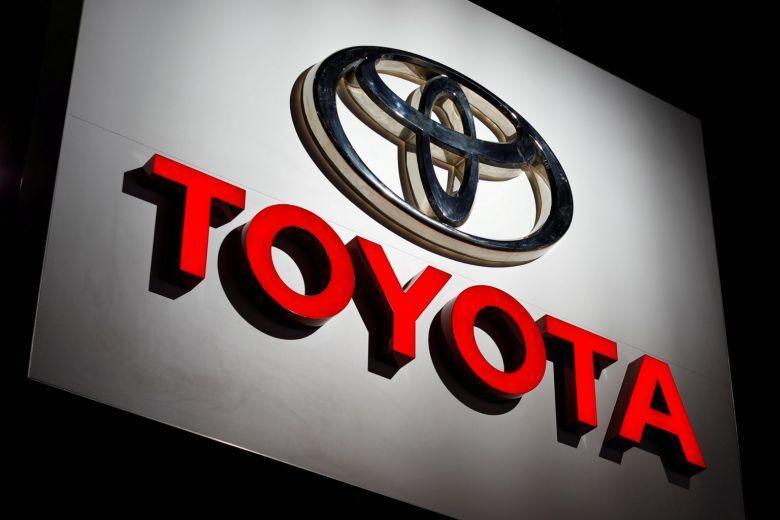The latest update on metering by the Federal Government has shown that 609,585 electricity consumers were metered in 2023, while the number of unmetered registered power users nationwide stood at 7,319,846.
The Federal Government’s most recent data on metering shows that 6,09,585 were metered electricity users in the country in 2023, compared to 7,319,846 unmetered registered power users, according to The Punch.
An analysis of data obtained from the Nigerian Electricity Regulatory Commission shows that out of the 13,162,572 registered consumers who get supply from the national grid, 5,842,726 have been metered.
According to NERC data, 171,107 power users received meters in the first quarter of 2023. In the second, third, and fourth quarters, 178,864, 148,389, and 111,225 electrical users received meters.
Since the power industry was privatized in November 2013, there has been concern over the poor meter rollout by Discos.
Power consumers placed on the estimated billing system by Discos have repeatedly opposed this, demanding meters
The Bureau of Public Enterprises announced on Thursday that the Federal Government had secured a $500m World Bank loan to procure meters.
“In a strategic move to address the identified gaps in the electricity distribution companies, the Federal Government of Nigeria has secured a $500m loan from the World Bank,” BPE stated in a statement issued in Abuja by the Head of Public Communication, Amina Othman.
It added, “Approved on February 4, 2021, by the World Bank board of directors, this funding supports the Nigerian Distribution Sector Recovery Programme aimed at improving the financial and technical performance of the Discos.
“The DISREP is designed to enhance the financial and technical operations of the Discos through capital investment and the financing of key components of their Performance Improvement Plans, which have been approved by the Nigerian Electricity Regulatory Commission.”
The bureau stated that key areas of improvement included bulk procurement of customer/retail meters and meter data management systems, implementation of a Data Aggregation Platform, and strengthening governance and transparency within the Discos.
In a similar vein, the Minister of Power, Adebayo Adelabu, recently declared that the goal of the presidential metering program was to increase the sector’s liquidity and reduce projected billing by providing two million meters annually for the following five years.
“Completion of the bidding process for 1.5 million meters from the World Bank Distribution Support Recovery Programme to improve sector liquidity and reduce estimated billing has been done.
“46,089 meters have been procured and deployed to military formations nationwide to reduce MDA (Ministries, Departments, and Agencies) debts and improve sector liquidity,” the minister stated during a ministerial briefing in Abuja.
Meanwhile, NERC said, “A total of 111,225 meters were installed in 2023/Q4, representing a decrease of 38,520 installations (-25.72 per cent) compared to the 149,745 meters installed in 2023/Q3.
“Out of the 111,225 new meter installations, 110,132 meters were installed under the MAP framework, and 1,072 meters were installed under the vendor-financed
framework and 21 meters were installed under the NMMP framework. There were no meter installations under the Disco Financed framework.”
The commission stated that to fill their metering gaps, Discos should make use of any of the five-meter funding frameworks offered under the National Mass Metering Regulations (NERC-R–113–2021) and the 2021 Meter Asset Provider.










